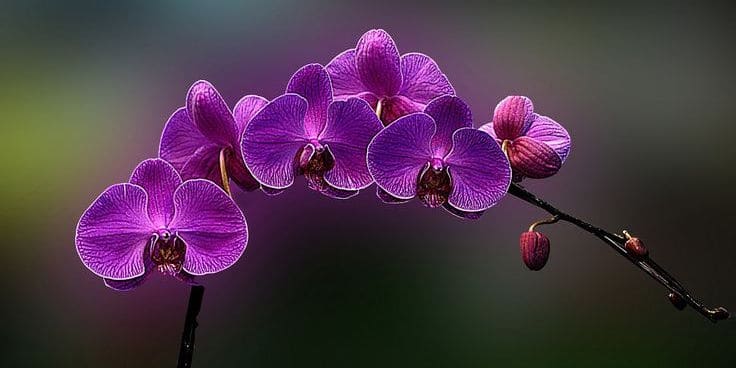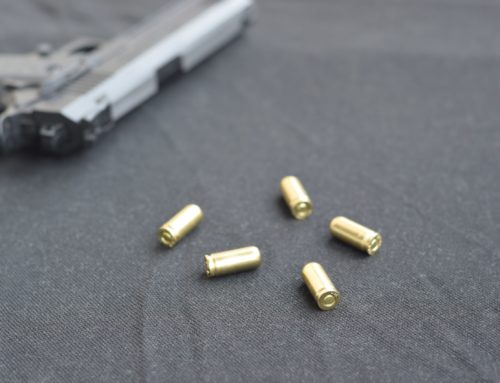I brought her an orchid plant yesterday.
Purple is her favorite color, and I was sure she would love it. But Veanne didn’t say anything at first, instead looking at it intently, blinking rapidly. I knew she trying to see through the fog, to make sense of what she knew was in front of her and yet could not necessarily identify.
“Do you like it, Veanne?” I asked.
I didn’t have to wait for a reply . “Yes!” she said, emphatically.
“Do you like the color? Can you see the color?” I asked.
Veanne looked me squarely in the eye.
“Pink,” she said.
I have always visited Veanne when she’s in the hospital. I think it’s important for me to personally see all our clients when they’re having problems. And Veanne had suffered more medical issues than most, with occasional long term stays. This time, she was sent to rehab, where she was expected to remain for at least two weeks. Unfortunately, while at the rehab she caught pneumonia. Now she was back at the hospital.
Veanne also had advanced Alzheimer’s disease. She had never been married. She never had any kids, and her only relative was her niece, Janet, who lived in Seattle. Even back in 2012, when we first began to provide care for her, she had some difficulty remembering Janet’s name. Today, in the hospital, she seemed extremely disoriented, unsure of herself or her surroundings. She was not talking much, her head slumped most of the time.
Luckily, when Janet got word of her Aunt Veanne’s situation, she had decided to come for a visit immediately. I greeted Janet in the hospital room as I arrived with the flowers. She was already grieving. Veanne was such a fine woman, she said. She reminded me that her aunt had been a world history teacher, working with high school kids. She had loved to travel, and had enjoyed visiting cities all over the world. How had it come to this?
Today, with the pneumonia complicating her declining cognition, Veanne’s situation was quite dire. I had picked out the purple orchid I brought with care, knowing it was her favorite flower and that she would still appreciate it, no matter what her mental state.
“Hi, Veanne,” I said.
Veanne’s head perked up.
She peered into space, unseeing. “Who said hi?”
“It’s me, Sam.” I said.
“Oh, Sam!” Her face lit up. “It’s so good to see you.”
I sat for awhile beside Veanne’s wheelchair, holding her hand, talking to her for some time.
Strangely, considering her circumstances, Veanne appeared happy. Despite the obvious consequences of the pneumonia, she never complained during our conversation. Instead, she smiled.
Finally, it was time to leave. I turned around to say goodbye to Janet. I could see tears running down her cheeks.
“My aunt remembers only you,” she said. “You really have a special connection with her. This is the most attentive I have seen her.”
I shrugged, my own tears beginning to cloud my vision.
“You know,” Janet went on. “She didn’t recognize me or any of her friends, some of whom she’s had for more than 60 years. It means so much that you come by.”
Embarrassed, I wasn’t sure what to say. I felt honored.
I leaned down to say goodbye to Veanne, who gave me a kiss on the cheek. I hugged Janet. Neither of us were sure what the future would hold for this beautiful person we both knew.
Later, I reflected on my connection with Veanne. Was it how I treated her? Perhaps. Was it my voice? Maybe. Was it that I took her hand every time I said hello, letting her know I was there? Medically, we’ll never know. Veanne’s Alzheimer’s had progressed too far to ever allow her to explain.
But our friendship was still there, despite all. For that, I was very proud. To walk with our clients, so to speak, as they make their final journey home is a unique privilege that is hard to explain sometimes. It is a honor to know people like Veanne. It is an honor to have her know me, if only for an instant.
I will remember you, Veanne. Even when you have forgotten.
Godspeed, my friend.



